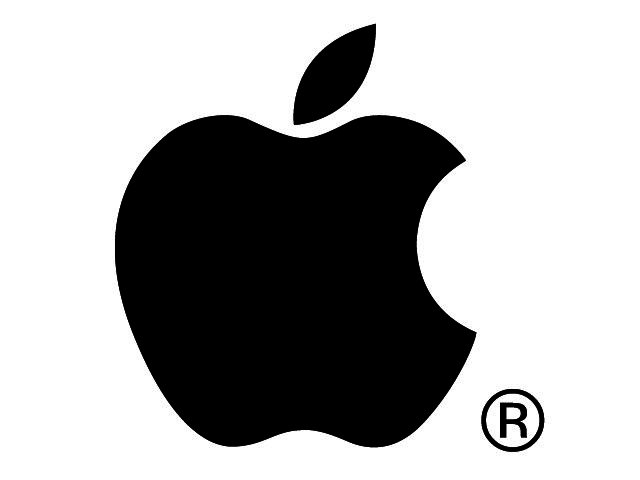PREVIOUS ARTICLENEXT ARTICLE
NEWS

Apple sued by the Department of Justice
By Ryan Noik 12 April 2012 | Categories: news
The latest organisation to sue Apple is none other than the US’s Department of Justice (DOJ), which has accused the Cupertino company, along with several major publishers, of colluding to set ebook prices, to the detriment of users.
The publishers in question include Penguin, Macmillan, HarperCollins, Simon and Schuster and Hachette.
While the latter three have already settled, at present Apple, Penguin and Macmillan stand accused of working together to eliminate competition among stores selling ebooks, ultimately increasing ebook prices for consumers, according the International Business Times.
While the latter three have already settled, at present Apple, Penguin and Macmillan stand accused of working together to eliminate competition among stores selling ebooks, ultimately increasing ebook prices for consumers, according the International Business Times.
The BBC quotes Attorney General Eric Holder as commenting that, as a result of the alleged conspiracy, consumers may have paid “millions of dollars more for some of the most popular titles."
Genesis of an ebook revolution
The antitrust lawsuit explains that ebook sales have been increasingly rising since the introduction of Amazon’s Kindle five years ago, which led to a growing retail market for ebooks. It notes that Amazon took advantage of this growth, and substantially lowered the prices of new ebooks and bestsellers to below $10.
“Publishers saw the rise in ebooks, and particularly Amazon’s price discounting, as a substantial challenge to their traditional business model,” the DOJ continued.
It asserted that publishers feared that lower retail prices for ebooks might lead to lower wholesale prices for ebooks and print books alike. Additionally, it alleged that publishers further feared that Amazon’s $9.99 price point would become entrenched.
As it become clear that dissuading Amazon from pursuing a low cost business model wouldn’t work, the DOJ accused Apple and the publishers of teaming up to raise retail ebook prices and limit competition of their sale. It noted that for its part, Apple intended to open its own ebook store and take on Amazon, with its then, newly launched iPad.
Price is the point
Prior to the conspiracy, both print books and ebooks were sold under a wholesale model, in which publishers sold books to retailers who in turn had the freedom to set prices as they saw fit.
This however, was replaced by Apple and the publishers involved by an agency model, in which publishers took control of retail prices by appointing agents who would have to abide the prices they were dictated. Prices of ebooks were then set at between $13 and $15 in Apple’s online bookstore.
“As a result, the publishers could end price competition among retailers and raise the prices consumers pay for ebooks through the adoption of identical pricing tiers. This change in business model would not have occurred without the conspiracy,” states the lawsuit.
To the point
The saga has become almost as involved, although not quite as intriguing, as an episode of Game of Thrones. Some have already, reportedly reluctantly, capitulated.
According to Reuters, Hachette and HarperCollins have agreed to pay a whopping $51 million to users who bought ebooks, in restitution. Others, such as Macmillan have remained defiant.
According to the International Business Times, Macmillan chief executive John Sargent denied colluding, and reported that the book company had declined settling after finding the Justice Department’s terms "too onerous".
From Apple, no comment has yet been forthcoming. However, if there was any doubt before that ebooks are very big, and very serious business, there should be none now.
USER COMMENTS
Most Read Articles
Read

Magazine Online
TechSmart.co.za is South Africa's leading magazine for tech product reviews, tech news, videos, tech specs and gadgets.
Start reading now >
Download latest issue
Have Your Say
What new tech or developments are you most anticipating this year?
New smartphone announcements (46 votes)
Technological breakthroughs (29 votes)
Launch of new consoles, or notebooks (14 votes)
Innovative Artificial Intelligence solutions (29 votes)
Biotechnology or medical advancements (24 votes)
Better business applications (160 votes)



